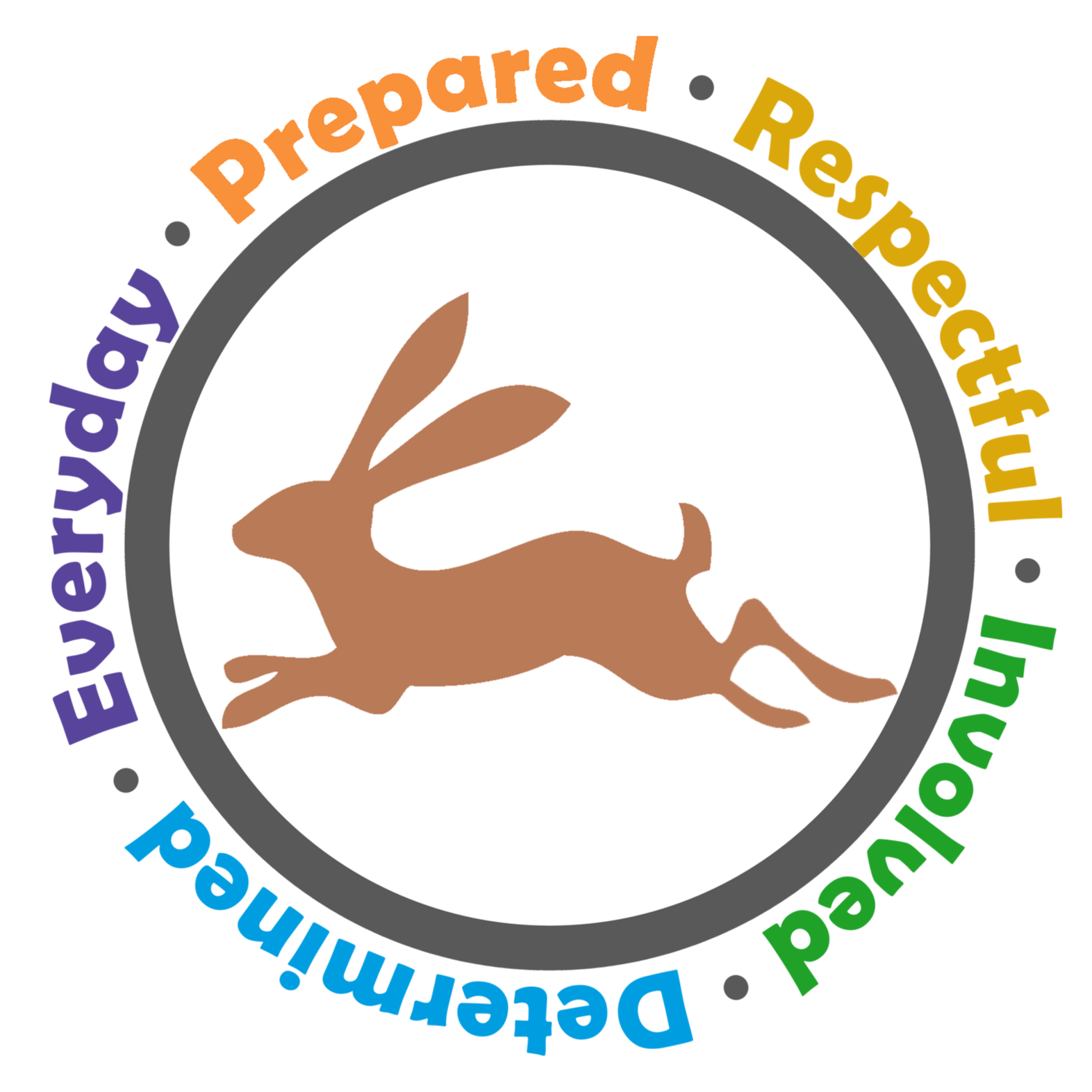Online Safety
We promote thinking SMART when children are using computers at school and at home.
| S | Stay Safe: Don't give out personal information to people and places you do not know. |
| M | Don’t Meet Up: Meeting someone you have only been in touch with online can be dangerous. Always check with an adult you trust. |
| A | Accepting Files: Accepting emails, files, pictures or text from people you don't know can cause problems. |
| R | Reliable? Check information before you believe it. Is the person or website telling the truth? |
| T | Tell Someone: Tell an adult if someone or something makes you feel worried or uncomfortable. |
- A link to the CEOP reporting button: Report to CEOP
- A link to the ChildLine/IWF REPORT REMOVE too: Report Remove | Childline
- A link to REPORT HARMFUL CONTENT website: Report Harmful Content – We Help You Remove Content
- A link to the IWF reporting tool for parents: Report online child sexual abuse imagery or 'child pornography'
Keeping Your Child Safe Online We’re committed to helping families stay informed about the latest online safety challenges. Our Online Safety Hub provides practical advice, expert reviews, and guidance to protect children from new and emerging safeguarding risks and online harms. Via the hub, you’ll find detailed reviews of popular apps, games, and social media platforms, helping you understand potential risks and how to manage them. The hub also includes clear instructions for setting up and navigating parental controls, so you can confidently manage your child’s online activity.
Stay up to date with trends, tips, and resources designed to support your child’s digital wellbeing. Explore everything here: Online Safety Hub - Hamwic Education Trust.
